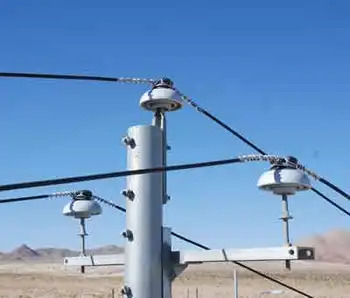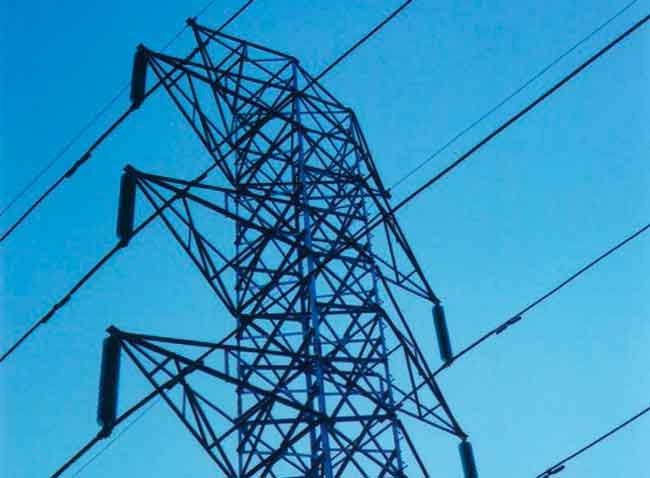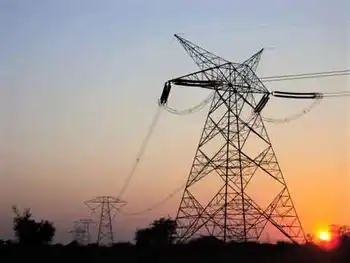PATH agrees to extend procedural schedule
In the filing, the PATH applicants agree to postpone a decision in West Virginia if a satisfactory extension of the current procedural schedule is established. The applicants also indicated that a similar request would be filed with the Virginia State Corporation Commission.
Requests for revised procedural schedules in West Virginia and Virginia – combined with a decision in the near future to seek approval for the Maryland segments of PATH – would effectively align the proceedings in the three states. It also would enable the project to meet its required in-service deadline in 2014.
In September, the Maryland commission ruled that procedurally, The Potomac Edison Company, an Allegheny Energy subsidiary, may not seek authorization to construct PATH on behalf of its affiliate, PATH Allegheny Transmission Company, LLC. Citing the projectÂ’s uncertainty in Maryland, commission staffs in Virginia and West Virginia last month requested dismissal, without prejudice, of the PATH application. In response to the staff motions, PATH reiterated that the overall project route and eastern terminus at the proposed Kemptown substation near New Market, Md., remain unchanged.
Allegheny Energy and American Electric Power, partners in the joint venture to build the 280-mile multi-state transmission line, remain committed to the PATH project. According to the most recent analysis by regional grid operator PJM Interconnection, PATH is needed by June 2014 to resolve reliability concerns on the existing system.
Related News

Closure of 3 Southern California power plants likely to be postponed
SACRAMENTO - Temperatures in many California cities are cooling down this week, but a debate is simmering on how to generate enough electricity to power the state through extreme weather events while transitioning away from a reliance on fossil fuels.
The California Energy Commission voted Wednesday to extend the life of three gas power plants along the state’s southern coast through 2026, postponing a shutoff deadline previously set for the end of this year. The vote would keep the decades-old facilities _ Ormond Beach Generating Station, AES Alamitos and AES Huntington Beach — open so they can run during emergencies.
The state…





